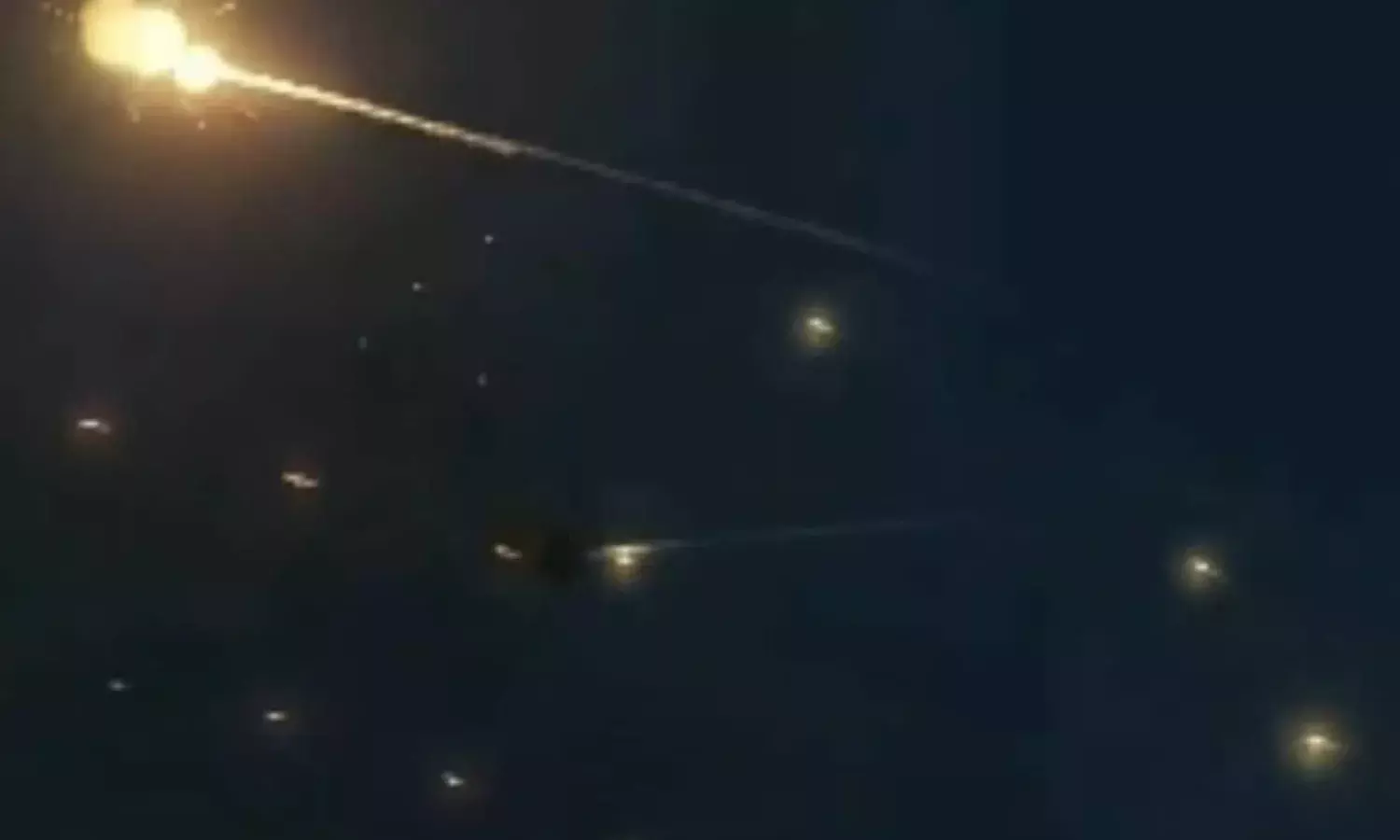Dear TV, Let The Soldiers Do Their Job
War demands media responsibility

India and Pakistan are in the first flushes of a full fledged war. At least at the time of writing this. The first dangerous steps have been taken to take the lid off peace, with television keeping the masses riveted to highly sensationalised blow by blow accounts.
The terror attack that killed innocent civilians in India, the retaliation that took out present and former terror camps in Pakistan, moved into missile dogfights in the air for the people of both the countries to watch in mesmerised horror, from their homes that have suddenly become unsafe. Claims and counterclaims, some confirmations, a great deal of fake news and sensationalism as the media soldiers in their ‘war rooms’ took over, probably much to the dismay of the real soldiers fighting the real war.
The Indian Army is a professional entity and does not revel in rumours and false claims. Many of the social media ‘stories’ are being denied by the military spokespersons here on a daily basis to keep the picture clear, and not confuse and cloud it with claims and counterclaims. Some amount of propaganda is part of conflict, but that is usually determined strategically by the military to facilitate success. When it moves out of the military domain into the crazy world of Indian television it does more harm than good, and creates complexities for the defence forces that need to have control not just over the war but also the propaganda surrounding it.
This has been the case in the past, including Kargil where joint briefings by both the Defence Ministry and the Ministry of External Affairs were comprehensive and cleared media doubts. Television did create some major trouble for the soldiers by taking interviews — and being permitted to— during the conflict in the front areas. The earlier wars were without television as it did not exist then which senior military officers involved with the operations at the time always described as a major boon. It is not a compliment for the media to be so referred to.
All tenets of journalism are being violated now, constantly and consistently by television channels. Media has crossed the Rubicon of ethics and responsibility. Sensationalism in the midst of such a conflict is highly irresponsible as it creates fear and hysteria amongst the masses that makes the situation within the country volatile as well; and as importantly it puts unnecessary pressure on the military and the government. One must remember India is a democracy and people's expectations do impact on decision makers to some extent, if not completely. The media is formulating peoples opinions, by the cries for war, the screaming headlines, and the portrayal of a military war in a manner that does not match sober reality.
Of course Pakistan television and in its case perhaps even the Army is involved in fake propaganda. Lies are being reeled out in bulk with tall claims and denials forming an integral part of their fake news arsenal. But the Indian media has always taken pride in our professionalism and ethos.
In the process rumours are being spread, making it very difficult for our authorities to quench these on an hourly basis. The difference between social media and television is fast disappearing in these sensitive and tense times, when actually Indians should be looking only at our news media for the facts. Instead many trying to follow the events, and caught up in the chaos of the propaganda industry, are turning to foreign media and international channels for information about our own war. This again is not healthy for a democracy as it places question marks on the fourth pillar, and weakens the system per se.
The media has to exercise the utmost restraint while covering a war, any war, but even more so a war where our own country and soldiers are involved. For this
-It has to desist from sensationalism and rumour mongering;
-it has to ensure that it reports as per the information given to it by the Indian military and government;
-it has to check and verify all other information constantly and repeatedly;
-it has to desist from reports that create further terror and fear and destabilise the masses;
-it has to ensure that the pressure on the military is reduced not increased;
- it has to cooperate with the military to quench rumours and calm the people;
-it has to ensure that news of war is presented soberly, and not as screaming information.
Nationalism is not baying for blood, but lies in ensuring a clean and protected space for our military and government to operate from. Not by clouding it with unreal demands, and littering it with false news.
The violation of the above tenets, as we were told by independent and professional editors who led the media during the first 50 years of independence, needs to be checked and restrained during a war. And the official information carried by the media until the war ends. There is always time for post mortems afterwards when peace is restored, and for questions to be asked for all to answer. This process too is extremely important in a democracy but there is a time and a space for it. Until the war lasts, it is for the media to report the facts accurately, and since only the military really knows what is happening in areas out of our control,rely on its briefings for the period where independent verification is impossible.
It is sad and a tragedy really that at a time when the Indian military is holding up its end, the Indian news media has lost its sense of accountability and direction. Let the soldiers do their job, let us do ours with the same professionalism and responsibility.


